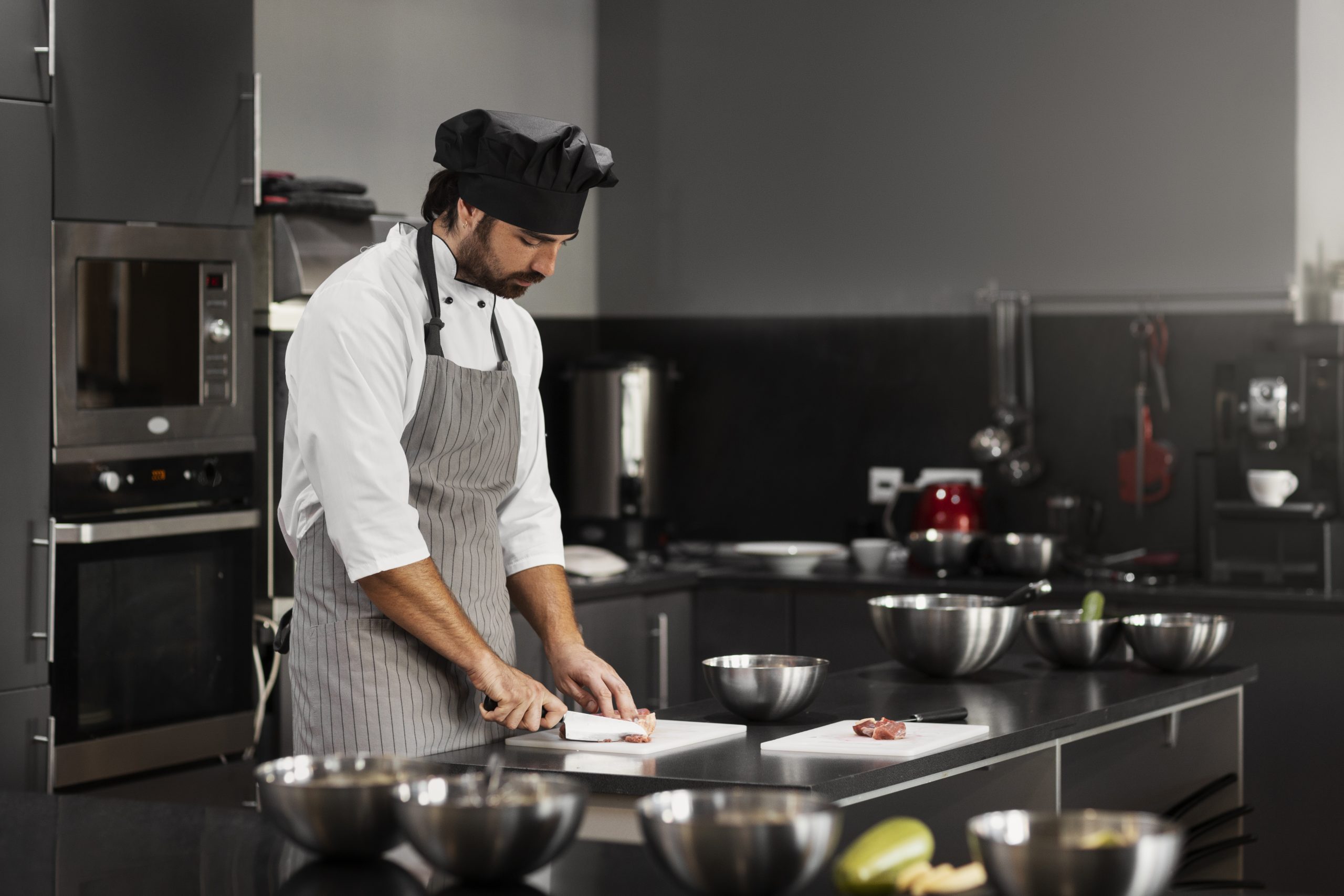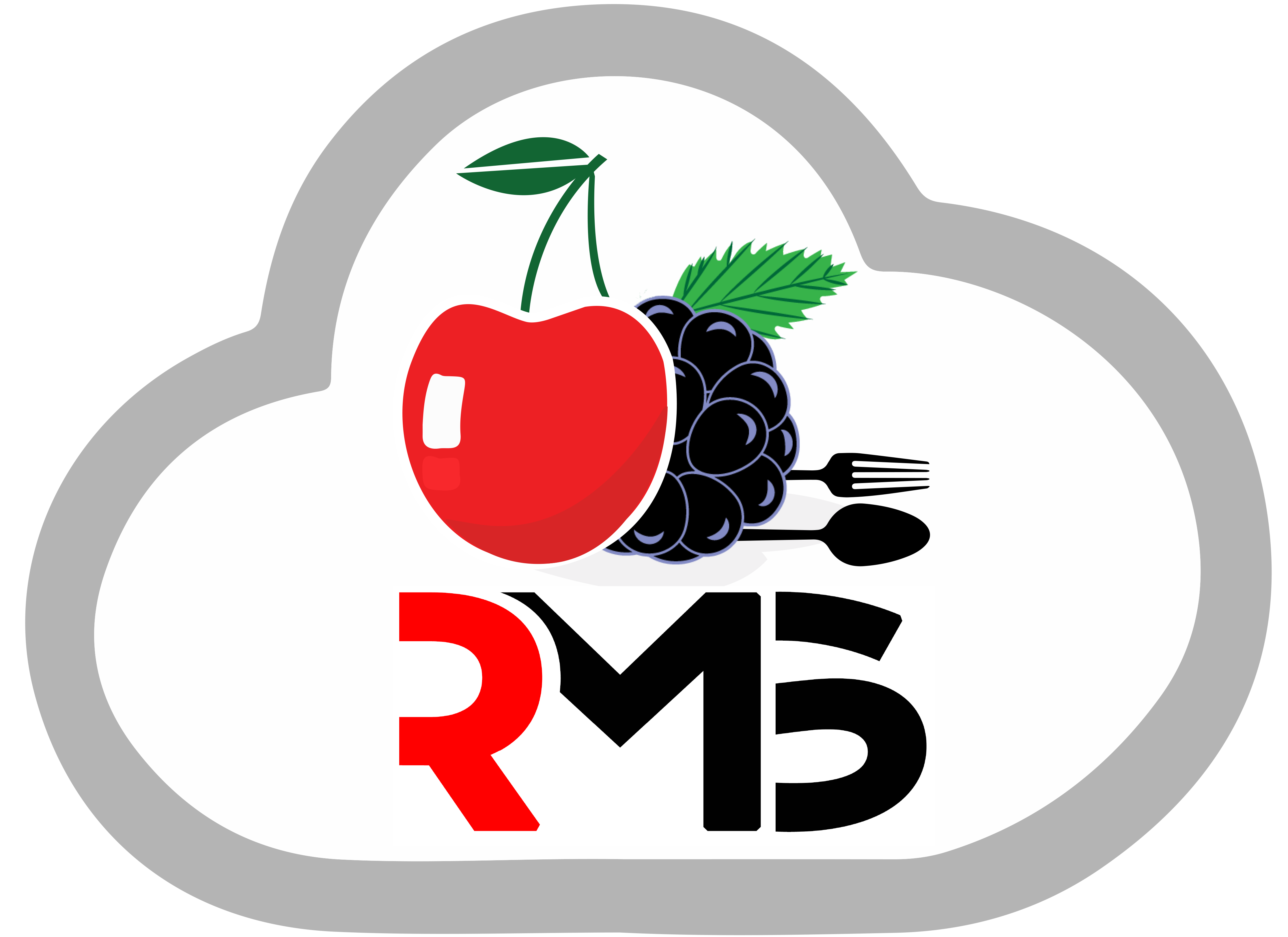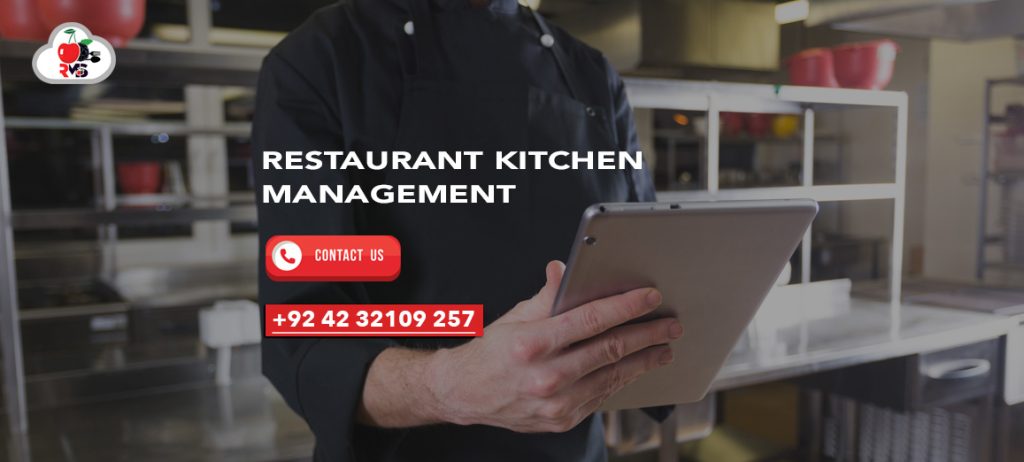
Reasons To Have A Restaurant Kitchen Management System
It makes sense that so many restaurant operators are turning to sophisticated kitchen management systems to keep up with sudden increases in demand and problematic staff shortages. For restaurants that want to stay competitive, integrated POS technology and Restaurant Kitchen Management System is the future. It can track meal orders, manage inventory, and manage staff time and pay.
The benefits that kitchen management software can give to your restaurant are detailed here, along with advice on how to pick a provider that will work best for your restaurant’s image.
Introduction To Restaurant Kitchen Management System
Consider all the steps necessary to operate a restaurant efficiently. Menu planning, stock ordering, peak hour forecasting, staff scheduling, running a smooth back-of-house system, tracking orders—the list goes on—and any owner of a hospitality business will tell you that every little thing counts when it comes to providing excellent service while also boosting profits.
In order to make restaurants more productive, the restaurant kitchen management system is an integrated technological system that keeps track of all lines of business, communications, and data. Imagine a system that automatically orders goods when the supply of ingredients is low. or installing sensors to bypass daily food safety forms and refrigeration inspections.
A simplified, all-inclusive system like kitchen management software makes managing a busy hospitality business easier, more precise, and more efficient on a daily basis.
Particularly during the rush of mealtimes, kitchens are renowned for their chaos. Physical order tickets going missing, ingredients running out, and a breakdown in communication between front-of-house and back-of-house workers are more likely to occur at busy times.
A staff member simply cannot handle a dinner rush as efficiently as a restaurant kitchen management system, which can take in all the information and suggest the best course of action.
Key Features Of Kitchen Management Software
In a busy restaurant, kitchen management software is designed to increase productivity, accuracy, and data-based planning. The essential traits consist of:
1 – Streamline The Workflow In Your Kitchen
Kitchen management software proposes the fastest cooking method for quick delivery rather than relying on people to control every component of timing in a kitchen to make large orders.
The kitchen staff may view incoming orders from many sources in a single dashboard that prioritizes orders based on cooking time, requested delivery time from customers, and the size of the order. This is made possible by high-tech POS software. Your order-receiving process can be changed by eliminating human error and kitchen printers, which will simultaneously increase order accuracy and profit margins.
2 – Improve Track Performance And Grow Revenue
In fact, data analytics is the way of the future for companies in a variety of sectors. In today’s restaurants, it’s critical to have a thorough understanding of not only your patrons’ tastes and ordering patterns but also of how your own business is run and how well it meets customer needs.
Data is continuously gathered, stored, and even analyzed using menu management technology. This means that managers can rapidly change procedures or even menus because information about your restaurant’s productivity, sales, order history, and wait time is accessible during service.
Based on precise, comprehensive data, raises customer happiness and enhances restaurant operations. Restaurant kitchen management systems assist you in implementing effective improvements for your company and turning it into a more successful enterprise.
3 – Maximize your Inventory Management
Restaurant kitchen management system may assist in tracking and forecasting future inventory with stunning accuracy, preventing this issue and its snowball effect. Smart POS systems can catalog your kitchen’s pantry more accurately than even the best chefs by gathering information on every customer order placed, every delivery of stock received, and the expiration date of every ingredient.
Keeping track of stock levels is getting harder as material and food shortages and delays impact businesses throughout the world.
A continuously shifting food economy can be managed with the use of menu management solutions, which enable your restaurant software to automatically make stock orders and even send out warnings when specific food items become unavailable or fluctuate in price.
Controlling inventory is essential for increasing a company’s profitability. Technology in restaurant kitchens can boost profits, optimize meal preparation, and cut down on food waste.
4 – Perfect Your Menu For Maximum Revenue
Without a truly well-designed menu, no restaurant is profitable. After all, your cuisine must complement your brand, draw in customers, and be distinctive.
Consideration of ingredient and inventory availability, customer data collection, and evaluation of the best and worst-performing current menu items are all necessary when planning a menu that will increase sales.
The effectiveness of the current inventory levels in supporting a new recipe on the menu can be demonstrated through recipe management tools. With the use of this application, you can also ascertain the allergen data, nutritional statistics, and a precise cost breakdown for menu pricing for a certain recipe.
5 – Specifically Made For Your Restaurant Experience
Every restaurant has a special kitchen setup that suits its menu, personnel, and brand. A tiny, single-location pizzeria will have quite different requirements than a large, multi-brand worldwide restaurant chain.
Because of this, it’s crucial to think about whether your technology will allow for customization to your restaurant’s demands when choosing a software supplier. Take into account your current methods for gathering data, managing your kitchen staff and line cooks, and processing online orders.
Your technology provider should enable a fully integrated system. It should boost employee productivity, from the way touchpoints are created to the channels of communication that are available.
6 – Successfully Manage Workers
There are more personnel to supervise as a restaurant grows larger. It can be quite difficult to monitor employee productivity for everyone from front-of-house waiters and front-counter employees to back-of-house cooks, dishwashers, and sous chefs.
Modern technology can speed up communication and save employees time. Aspect of a well-run restaurant kitchen include kitchen sanitation to an automatically updated prep sheet. This facilitates and digitalizes with the use of kitchen management systems.
7 – Follow Orders For Food Like A Pro
The era of printed order tickets is over. Instead, many eateries make investments in point-of-sale (POS) gear that enables real-time order tracking on kitchen display systems. With the use of kitchen management technology, your restaurant’s kitchen can produce meals more efficiently. You can create an easy-to-use system that records orders from payment through delivery.
Omnichannel integration refers to the programming of orders from several platforms into a single order-tracking system. For personnel, all delivery orders are arranged into a single network of dashboards. The system does this no matter whether they were placed through a front desk, mobile app, phone call, or third-party delivery service. Automated tracking eliminates the need for manual decision-making about back-of-the-house activities and the time of cooking.
8 – Seamlessly Integrates With Your Current Tech Stack
The greatest option for minimizing friction during transition phases is software that enables integration with your existing technological systems or offers an all-in-one solution.
The purpose of a restaurant kitchen management system is to simplify, not complicate, the decisions that managers and kitchen personnel must make. It’s crucial to think about what your existing systems need from a kitchen display system and the areas that may use more efficiency when choosing a technology supplier.
It is essential to fully integrate all aspects of your business operations into a single, easily accessible system in order to support data-driven decision-making and boost kitchen productivity.
Improve Your Restaurant with a Kitchen Management System
With the aid of Kitchen Management software, restaurants can efficiently and accurately track orders, schedule employees, create menus, and compile data. Investing in technology to enable growth means investing in the future.
Get in contact with our knowledgeable staff to find out more about how a Cherryberry RMS restaurant kitchen management system can be tailored and integrated into your hospitality business.

